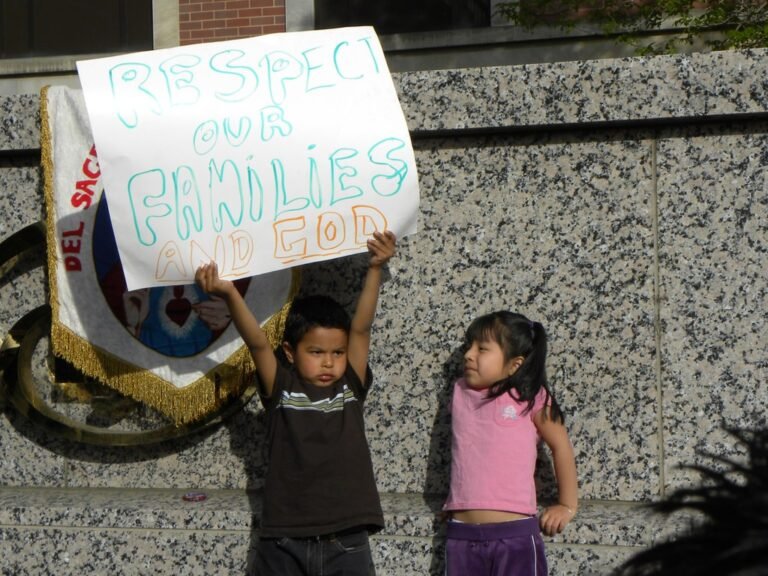
(Source: CBS) A leaked memo from the White House budget office has ignited a firestorm of controversy after calling for an immediate freeze on federal assistance programs by 5 p.m. Tuesday. The directive, which could impact billions of dollars in funding for nonprofits, universities, small business loans, and state and local government grants, has drawn sharp criticism from Democrats and advocacy groups who warn of devastating consequences for millions of Americans.
The memo, issued by the Office of Management and Budget (OMB), instructs federal agencies to review and halt all financial assistance programs that align with President Trump’s policies, specifically targeting initiatives related to diversity, equity, and inclusion (DEI), “woke gender ideology,” and the Green New Deal. While the Green New Deal was never enacted into law, the memo broadly condemns the use of federal resources to advance what it describes as “Marxist equity, transgenderism, and green new deal social engineering policies.”
“The use of Federal resources to advance these policies is a waste of taxpayer dollars that does not improve the day-to-day lives of those we serve,” the memo states. It also clarifies that Medicare and Social Security benefits will not be affected.
The potential ramifications of the freeze are vast, given that federal assistance programs accounted for $3 trillion in spending in 2024. Critics argue that the move could disrupt critical services, from healthcare research and homelessness prevention to food assistance and domestic violence shelters.
Democrats and Advocacy Groups Sound the Alarm
Senate Minority Leader Chuck Schumer did not mince words during a Tuesday morning press conference, calling the memo “a dagger at the heart of the average American family.” He warned that the freeze could shut off trillions of dollars in funding that supports states, cities, schools, hospitals, small businesses, and families.
“This decision is lawless, dangerous, destructive, cruel. It’s illegal, it’s unconstitutional,” Schumer said. “Plain and simple, this is Project 2025,” he added, referencing a controversial policy blueprint associated with the Trump administration.
Diane Yentel, president and CEO of the National Council of Nonprofits, echoed Schumer’s concerns, describing the order as a “potential five-alarm fire for nonprofits.” In a statement on social media, Yentel warned that the freeze could halt research on childhood cancer, close homeless shelters, reduce food assistance, and shut down suicide hotlines. “The impact of even a short pause in funding could be devastating and cost lives,” she said.
Attorney General William Tong released the following statement, “This is a full assault on Connecticut families– an unprecedented and blatantly lawless and unconstitutional attack on every corner and level of our government and economy. Attorneys general across the country are preparing imminent legal action to protect our states. Connecticut and my team are front and center in this fight and will provide updates in real time to Connecticut as this unfolds. Today is not a day for politics– everyone irrespective of party should be standing with Connecticut against this devastating attack on our state.”
Legal Challenges Loom
The memo is expected to face swift legal challenges from organizations and entities reliant on federal funding. Critics argue that the freeze violates the Impoundment Control Act of 1974, which limits the president’s ability to withhold funds appropriated by Congress.
Russ Vought, President Trump’s nominee to lead the OMB, has previously stated that he and the president believe the Impoundment Control Act is unconstitutional. During his Senate confirmation hearing last week, Vought defended the administration’s stance, signaling a potential legal battle over the freeze.
Sen. Patty Murray, the top Democratic appropriator, called the memo a “brazen and illegal move” and urged her Republican colleagues to halt Vought’s nomination until the administration complies with the law. “Republicans should not advance that nomination out of committee until the Trump administration follows the law,” Murray said.
Unprecedented Scope and Impact
The scope of the freeze is unprecedented, affecting a wide range of programs that support vulnerable populations and essential services. Advocacy groups warn that the ripple effects could be felt across the country, with nonprofits and local governments scrambling to fill the funding gap.
As legal challenges mount and pressure builds on Capitol Hill, the White House has yet to comment publicly on the memo. However, the administration’s actions have already set the stage for a contentious battle over the limits of executive power and the future of federal assistance programs.
For now, millions of Americans are left wondering how the freeze will impact their lives—and whether the courts will intervene to turn the spigot back on.


